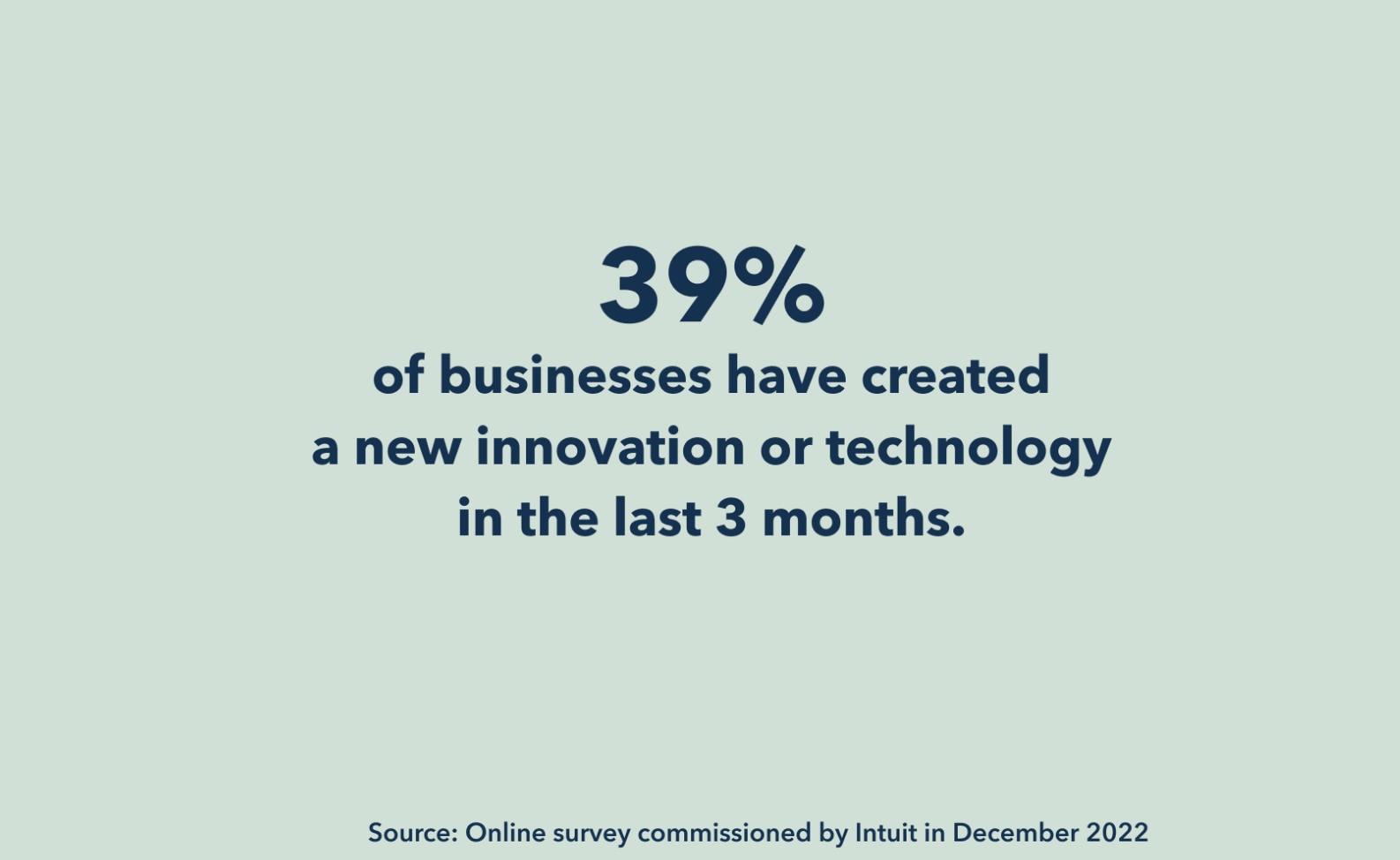The last three years have underscored the importance of reinvention and problem-solving for small business owners across nearly every industry. Siriano and Fang's conversation highlighted ways small business owners can feel confident putting their own innovative ideas and adaptations into practice to find business success.
Reframe
Reinvention is a nonnegotiable for Siriano, a designer who first made a splash with audiences on Project Runway in 2007. His line of work demands constant change.
"Fashion moves very, very quickly. We have four collections a year, and it's always on to the next," Siriano said during the chat. "That's the biggest challenge in my business: The need for a quick change and growth comes very, very quickly."
Fang, on the other hand, has the challenge of reinventing within an established culinary tradition. She's iterating on the flavors she was raised on in her father's restaurant, San Francisco Chinatown's much-loved House of Nanking, while bringing her own spin to her venture, Fang Restaurant.
"I like to compare it to needing to create a sequel that can live up to a blockbuster. And how often are sequels as good as a blockbuster?" Fang joked.
Paying homage to a legacy while finding her own voice sometimes felt like a lot of pressure — but reinvention doesn't have to be intimidating. Like Siriano and Fang, business owners can reframe it as an exciting part of the industry or an evolution of a tried-and-true favorite.
Differentiate
Both Siriano's and Fang's businesses have benefited from having a clear differentiator. Siriano realized that the star of his designs was his evening wear. With that in mind, he was able to reimagine his eveningwear lines at different price points while maintaining quality.
"[We took] something that we knew we did really great — we felt like we were really good at making a beautiful gown or a beautiful dress — but making it a bit more accessible," Siriano said. "That's how we were able to really grow and grow a lot."
Fang has found it important to give Fang Restaurant a voice and identity that's separate from her father's House of Nanking. But the restaurants share a similarity: Right now, the magic of the family restaurants is the family.
"We're always there front and center, so the superior aspect of it is us, our presence, us being there and cooking for them," Fang said.
As a benefit, knowing that their presence is a competitive edge has helped the Fangs make tough financial decisions. Between a good accountant and their own in-house cooking talent, Fang said she's been able to make the right decisions for her business about where to dedicate financial resources.
Connect
Social media can be a sticking point for small business owners. It's one of those tasks that can feel like one more to-do on busy entrepreneurs' plates. Fang, who was initially reluctant to share posts on social media, said she's found it to be an important place to drive her own narrative to connect with guests and fans.
"The reason why I thought social media was daunting was because I felt like it had to be perfect. Oh, it has to have a perfect post, a perfect picture, a perfect caption, a perfect hashtag," Fang said. "When I did the show [Chef Dynasty: House of Fang], what I realized that people gravitated toward was just us being real."
Despite his sizable following, Siriano said he and his team still personally interact with fans on social media. It's a way to stay engaged and grounded while forging authentic bonds that can last longer than the spend for a digital ad campaign.
"My fans that were following very early on in my career, the connection to them is very, very important, making sure that you're just engaged and connected with them," Siriano said. "That just, at some point, always leads to a transaction with them in some way or another, whether we see it right then and there … or if it's a long-term game that you're really trying to get people engaged for years to come."
A social media strategy that focuses on building relationships with followers by bringing them into the world of food or fashion might fly in the face of metrics-driven marketing. But it's on social, Siriano said, that consumers figure out what they love. Often, what they're ready to fall in love with is you.
"When people come to our restaurant … the number-one thing that they say is, hey, we came here because we want to meet you, we wanted to meet your dad. That is the true testament to the power of social media," Fang said.
As a late adopter of social media for business, Fang said she was sold on getting a free avenue to control her brand and connect with customers. She began to see potential for social media content all around her and gave fans a peek into her world.
Adapt
There are moments in a business owner's life when they have no choice but to adapt to the unexpected. Like, for example, when Siriano had to figure out what to do with the extra 9,000 dresses that showed up in his living room because of a typo. (We're hoping there was a flash sale!)
But innovation doesn't always have to be stunning or spectacular. For a longtime family-run restaurant like House of Nanking, bringing business technology up to date represented a massive reinvention for Fang's parents.
"It was very apparent to me, but not to them, the advances had to happen within the technological space," Fang said. "Something as simple as upgrading your POS [point of sale] system."
Underscoring the constant nature of change, 2 in 5 small business owners have created a new innovation or technology within the past three months, according to a recent survey commissioned by Intuit QuickBooks.















